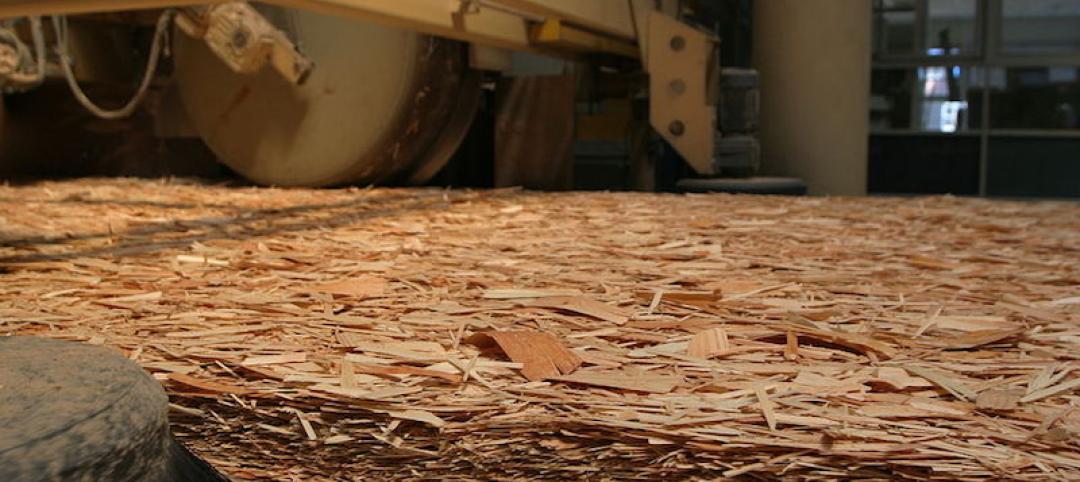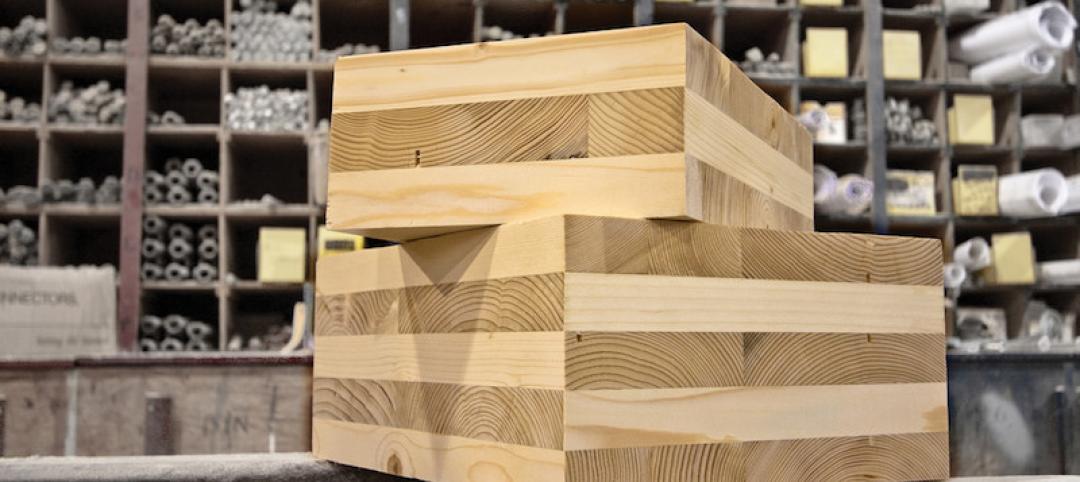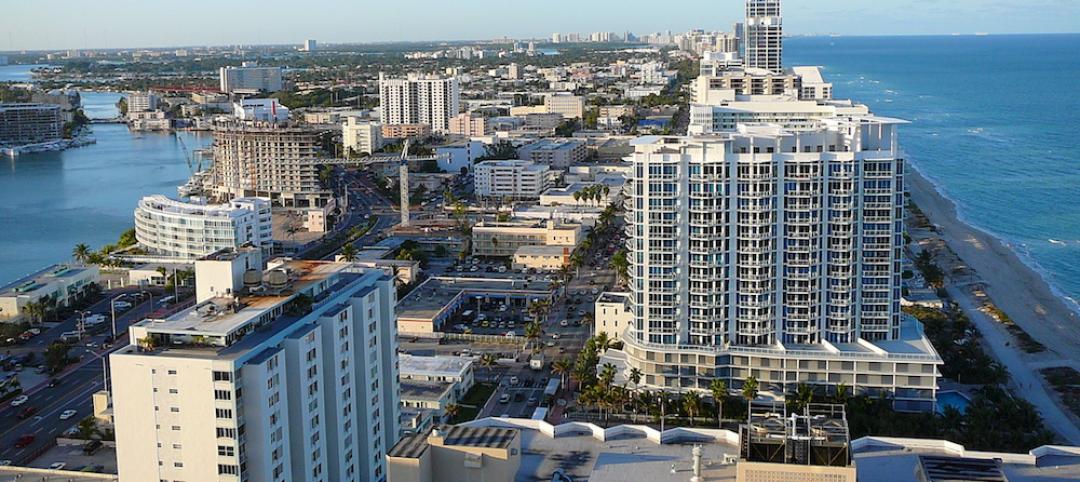Infrastructure projects in the United States can take as long as 10 years to obtain all necessary permits after all issues, including environmental impacts, are addressed.
To speed up permitting, President Donald Trump's infrastructure task force has suggested using the bankruptcy court arbitration process as a model for a revamped approach. Developer Richard LeFrak, who serves on the task force, said under this model one person would be the final word on all project issues, like an arbitrator in bankruptcy cases.
LeFrak told Reuters that the advisory council is proposing a pilot program that would reduce red tape and halt litigation on infrastructure projects. The process would not allow developers to avoid environmental compliance, but would allow differences and objections to be addressed and resolved faster.
Australia, Canada, and Germany typically take two years to approve infrastructure projects compared with 10 years in the United States, LeFrak said.
Related Stories
Legislation | Aug 10, 2016
Calif. bill would speed up environmental lawsuits on certain projects
A nine-month limit has been proposed for some $100 million-plus projects.
Resiliency | Aug 10, 2016
White House pushes for better finance strategies for disaster mitigation and resilience
The move highlights innovative insurance, mortgage, tax, and finance-based strategies.
Regulations | Aug 9, 2016
New trend eases parking requirements for U.S. cities
Transit-oriented development and affordable housing are spurring the movement.
Regulations | Aug 8, 2016
EPA toughens rules to reduce formaldehyde exposure from composite wood products
Products will now have to be labeled as compliant to the new rules.
Regulations | Aug 5, 2016
Stop-work orders in New York City up sharply this year
The orders come after a rise in the number of deadly accidents that have occurred in the past few years.
Sustainability | Aug 4, 2016
S.F. Bay Area voters approve first-of-its-kind tax to fight impact of climate change
The funds from the tax will be used to restore wetlands
Concrete | Aug 2, 2016
Concrete Association builds case against cross-laminated timber
The campaign asserts that not enough is known about CLT in construction
Seismic Design | Jul 28, 2016
Risk of man-made earthquakes now factor in seismic hazard analysis
Significant risk increases seen in some areas of the U.S.
Resiliency | Jul 27, 2016
New York’s resilience plans not taking long-term view, critics charge
Continued waterfront development may be regretted later this century.
Green Specifications | Jul 26, 2016
New Miami Beach law requires LEED certification on projects larger than 7,000 sf
LEED Silver the prescribed standard on buildings larger than 50,000 sf.















